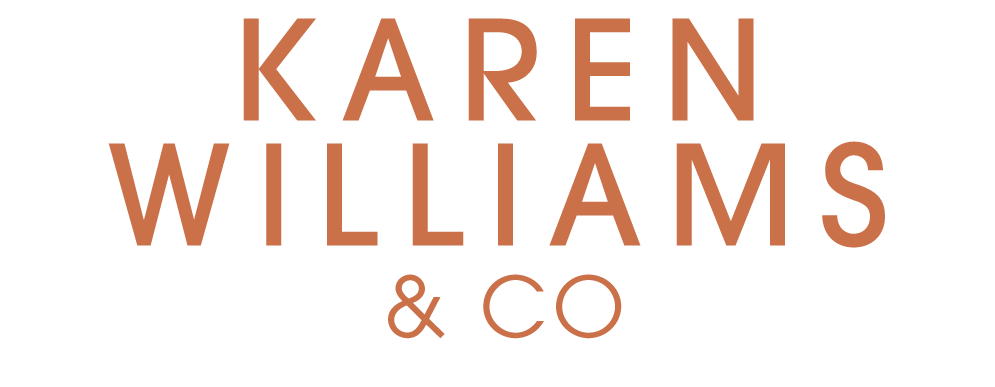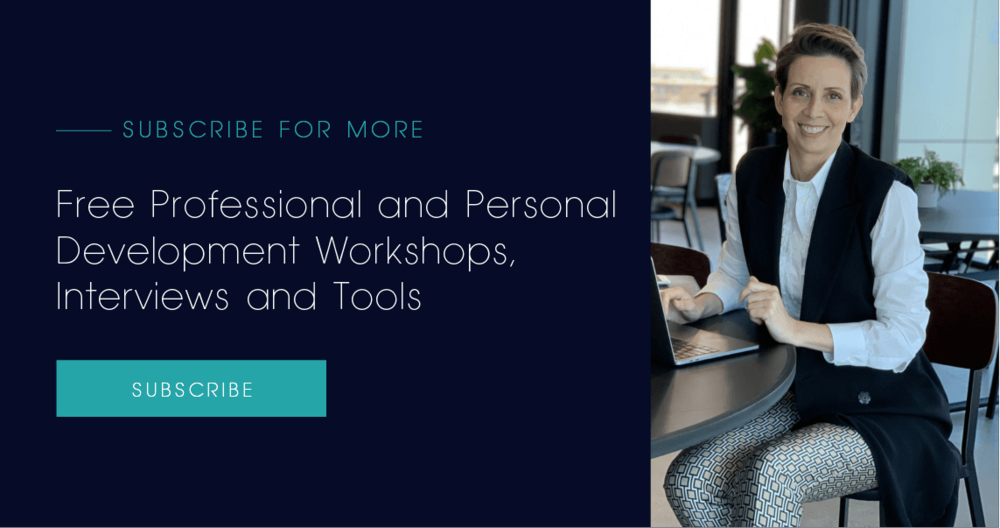Does Vulnerability Really Build Trust?
I used to be a fan of vulnerability. Until I saw the tears in my dad’s eyes. Tears of regret, of yearning, of love found and lost. Of saying goodbye.
He cries more now than ever before. It was the operation that left him vulnerable.
Still a fit man at 75, his hard-nosed, deliberate and confident approach is gradually succumbing to a more fragile and uncertain stance.
He was a leader. In business, in the community and in his family. For many he still is. He grew up working hard, humbly and passionately building himself and his family’s future against the odds. He instilled the struggle in me. I got my determination, my service heart and my strong will from him. Unexpectedly, I now see that my depth of sensitivity comes from him too.
I used to be a fan of vulnerability in leadership. A big fan. I saw it as the source of all that I teach. Being vulnerable was essential for building trust, inspiring engagement and having the tough conversations.
But spending time with my dad recently and seeing him cry as I said goodbye, leaving him unable to speak through his tears, left me questioning our conscious quest for vulnerability.
Google ‘vulnerability’ and you’ll still find the traditional definition – “state of being exposed to the possibility of being harmed, either physically or emotionally”.
Maybe it was Brene Brown, research professor and someone I admire greatly, who led the charge for us to change our view of vulnerability, to see it as a strength not a weakness. But on some primal level the mention of vulnerability, especially in the workplace, still carries with it a wariness to shy away rather than lean in.
There is a distinct difference between feeling vulnerable, and consciously choosing to be present, open and courageous.
There are times we can’t help but feel vulnerable. When we’re sick and need support, when we’re lost and can’t find our way back, when we’re incapacitated and are unable to care for ourselves.
When we’re vulnerable, it can bring others close – we let them in, rely on them, we have to lean on them for support. They can feel like they’re helping, making a difference for those they care about. But, like my dad finding it hard to say goodbye, vulnerability sure doesn’t feel good to the one feeling vulnerable.
Vulnerability in leadership is now claimed by many leadership experts as the higher state, the pathway to connection and engagement. Some may call it semantics, but for me there is a distinct difference between feeling vulnerable, and consciously choosing to be present, open and courageous.
One feels like something out of our control, something happening to us, requiring us to give over our power. The other a discerning choice, a state of voluntary investment in a greater opportunity for learning, growth and creation.
Vulnerability in the workplace may be the moment we learn of a merger that carries with it a great unknown, or our new boss publicly questioning our decision, or being unable to change an important outcome. Out of our control, yet intimately related to us.
What makes the difference to whether we feel vulnerable, and therefore how we lead and how the relationships around us are impacted, is how we interpret those moments and respond. Do we make the choice to be present, open and courageous? Or do we react to feeling exposed or attacked by shutting down, armouring up or leaving?
Brene, in her book ‘The Gifts of Imperfection’, says we need to look before we take the vulnerability leap and choose who we open up to. It is the act of consciously establishing and honouring personal and professional boundaries. Sounds simple but requires a depth of self-awareness, a strong foundation of self-trust and belief in our self-worth.
When I talk to leaders and teams, vulnerability is a word I use with conscious care because it either invites them in or scares them away. The word vulnerability can trigger contraction rather than inspire expansion.
As our emerging leaders learn the art of leadership, encouraging them to be present, open and courageous will help them become leaders of responsibility and discernment. Interdependent leaders that learn to trust themselves, make decisions by calling on their head and their heart, and initiate and lead conversations that move businesses forward.
We want our leaders to engage their people with personal stories, to be transparent with their challenges and own their mistakes. Transparency and integrity build trust. But we also want them to choose with awareness, intuition and confidence how much of themselves they invest in a project, an outcome, a relationship.
I’m a big fan of being open, going first and being brave. As we evolve emotionally, mentally and physically, it’s likely there’ll be times we feel vulnerable – exposed to the elements, unsupported and out of control. But like my dad, openly and courageously feeling a vulnerability to life in a way he’s never known before, it’s how we respond to those moments that define us.



